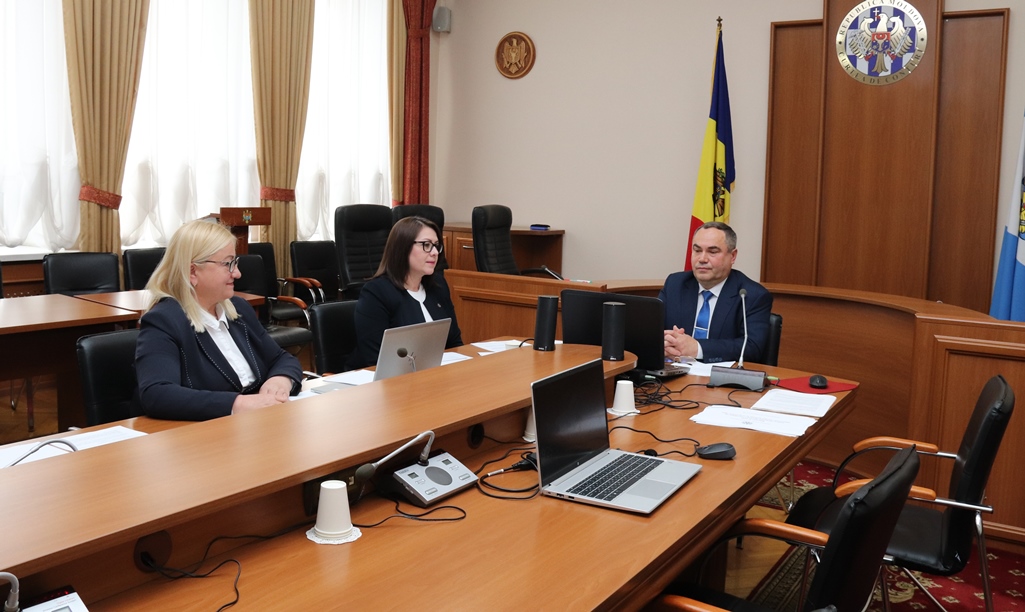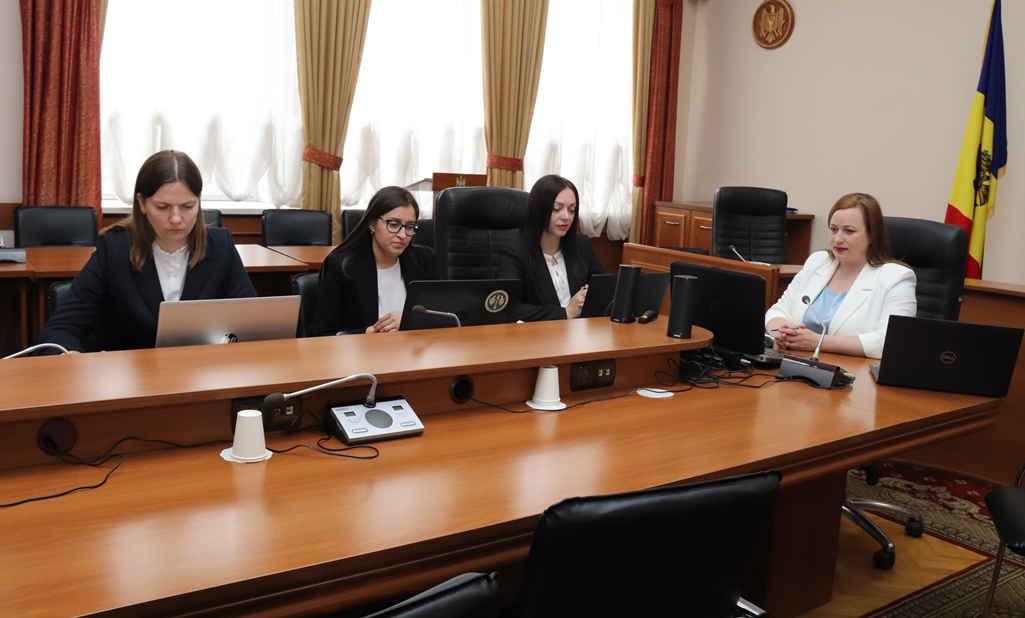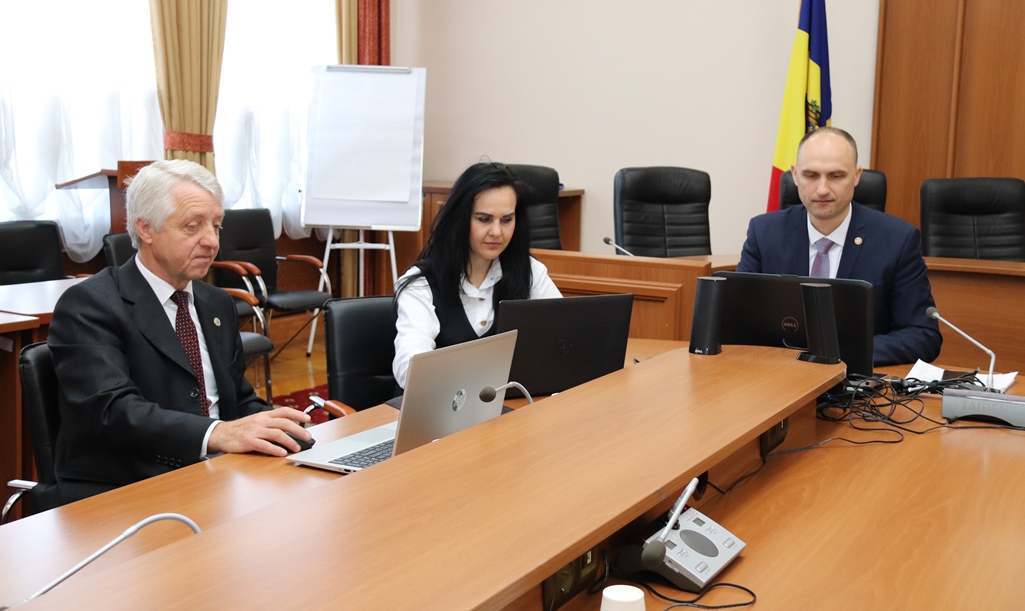
After the press-conference, held on February 7, 2013 by the Head of the Dubasari district, Grigore Policinschi, Court of Accounts wants to make some remarks and details.
In the period July - November 2012, according to the Law of the Court of Accounts no. 261-XVI from 05.12.2008, and Audit Activity Program for 2012, the country's SAI conducted a regularity audit on budget and state property management at the administrative-territorial units (ATU) of the Dubasari district in 2011. The purpose of the engagement was to verify the regularity of budget management in the district, relevant regulatory framework in assessment procedures, forecasting and collection of local taxes, integrity of the public property in the district, etc.
As a result of the audit mission, it was drawn up the Audit report on budgets and public property management of the Dubasari administrative-territorial units in 2011, which was examined by the Plenum of the Court of Accounts on 21 November 2012, in the presence of the Dubasari decision makers. At the end of the meeting, it has been adopted the Decision no. 52, which was published in the Official Monitor no. 273-279/40 from 28.12.2012.
Full video recording of the meeting can be viewed to the address: http://www.youtube.com/watch?v=1w_IqCuh1HY&feature=youtu.be.
The Report and the CoA's Decision connected to Dubasari audit mission are available on the web page: http://www.ccrm.md/hotarireview.php?idh=639&l=ro (in Romanian language) and http://www.ccrm.md/hotarireview.php?idh=639&l=ru (in Russian language).
The Court of Accounts wants to note that the representatives of the Dubasari municipality had used in a distorted way the audit report conclusions. Unfortunately, the mass-media have not studied the referred report, due the society is not able to received complete and accurate information about the violations and irregularities identified by the Court of Accounts during the audit mission in Dubasari.
To clarify the situation and provide objective information for public opinion, the Court of Accounts draws attention to the following findings, extracted from the referred audit report.
- Underestimation of the taxable base
The audit mission found cases of violations of normative-legal framework and identified plenty of irregularities, which affected the overall budget process and proper management of local public assets during 2011.
- Deviations in expenditure management
Local public authorities' management in the argumentation and management of costs ware not marked by improvement trends, there were detected significant deviations from the legal norms.
- Irregularities in carrying out repair works, investments and procurements
There were carried out investments and repair works in the absence of project documentation and estimate calculations.
- Failure to comply with legal procedures for the reimbursement
In some cases, the local public authorities did not meet the legal procedures and did not draw correctly the supporting documents, in order to reimburse some expenses such as: presentation / protocol activities (receptions, anniversaries, etc.)
- Irregularities in the management of public assets
Contrary to the law, the local public authorities had not ensured the registration in the Land Register of rights for property worth more than 61 million lei. The local public authorities have distributed irregularly local public property to the public organizations and individuals (in the absence of contracts).
According to the audit team, irregularities and violations identified, to a large extent, are the result of:
- lack of standardized rules and procedures relating to financial management and internal control regarding the budget process;
- absence of an institutional system for measuring the efficiency and effectiveness of public expenditure expressed through the uneconomical and discretional allocation of the financial resources;
- failure to establish explicit provisions for the local public authorities concerning the compliant manner of public property records and the accurate reporting of economic situations;
- imperfect management accounting, inconclusive organization of annual inventory of assets, debit and credit debts;
- low level of accountability of public officials.
 WITH DEFICIENCES OF VIEW
WITH DEFICIENCES OF VIEW Youtube
Youtube Facebook
Facebook


 print
print

.jpg)



